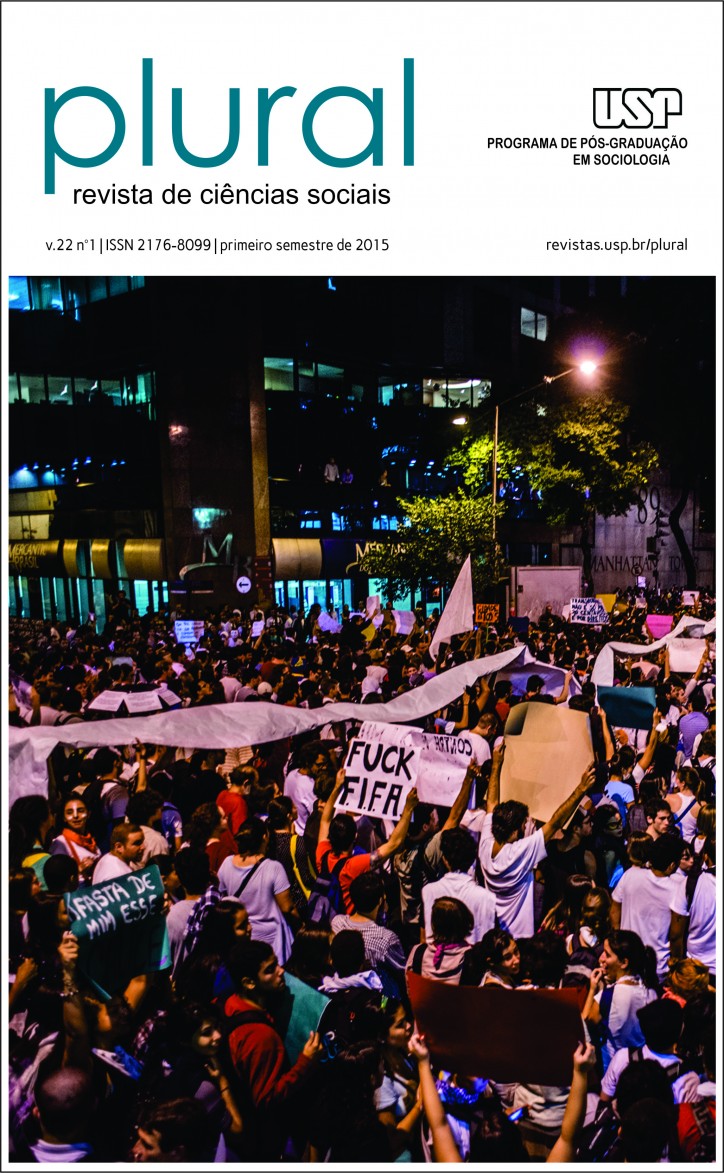Democratization and contentious politics: analytical perspectives of networks in Brazil and Argentina (1978-1984)
DOI:
https://doi.org/10.11606/issn.2176-8099.pcso.2015.102216Keywords:
Democratization, Social movements, Trust networks, Confrontational repertoiresAbstract
The aim of this article is to discuss the usefulness of network analysis theory as an analytical perspective for the study of democratization processes. The emphasis is on how social movements, political parties and other relevant governmental actors interact in social networks of trust or conflict. The text provides theoretical insights about the effects of “structural holes” within networks for cultural and political innovation processes. To this end, the article makes a brief foray into the recent history of Brazil and Argentina as examples of democratization processes on which social movements had considerable causal effects. In these countries trust networks relied on structural holes, where the presence of social movements and supporting sectors facilitated cultural innovation processes and the construction of new political identities.Downloads
Download data is not yet available.
Downloads
Published
2015-06-30
Issue
Section
Dossier "Social Movements and Political Institutions in Latin America"
License
Copyright (c) 2015 Política de direitos compartilhados

This work is licensed under a Creative Commons Attribution-NonCommercial-ShareAlike 4.0 International License.
Ao submeter seu trabalho à Plural, o autor concorda que: o envio de originais à revista implica autorização para publicação e divulgação, ficando acordado que não serão pagos direitos autorais de nenhuma espécie. Uma vez publicados os textos, a Plural se reserva todos os direitos autorais, inclusive os de tradução, permitindo sua posterior reprodução como transcrição e com devida citação de fonte. O conteúdo do periódico será disponibilizado com licença livre, Creative Commons - Atribuição NãoComercial- CompartilhaIgual –, o que quer dizer que os artigos podem ser adaptados, copiados e distribuídos, desde que o autor seja citado, que não se faça uso comercial da obra em questão e que sejam distribuídos sob a mesma licença (ver: http://www.creativecommons.org.br/).How to Cite
Souza, R. de. (2015). Democratization and contentious politics: analytical perspectives of networks in Brazil and Argentina (1978-1984). Plural, 22(1), 107-130. https://doi.org/10.11606/issn.2176-8099.pcso.2015.102216








